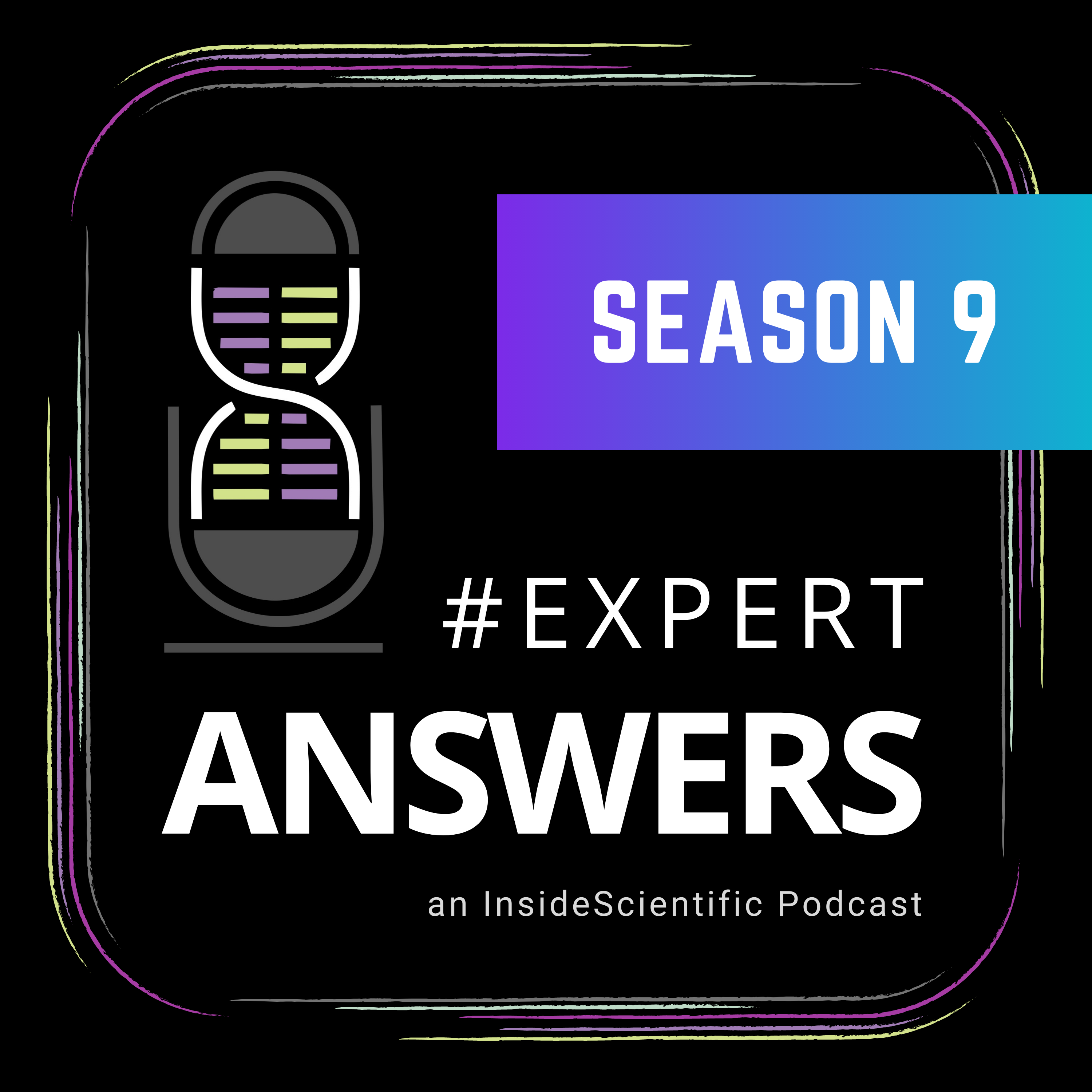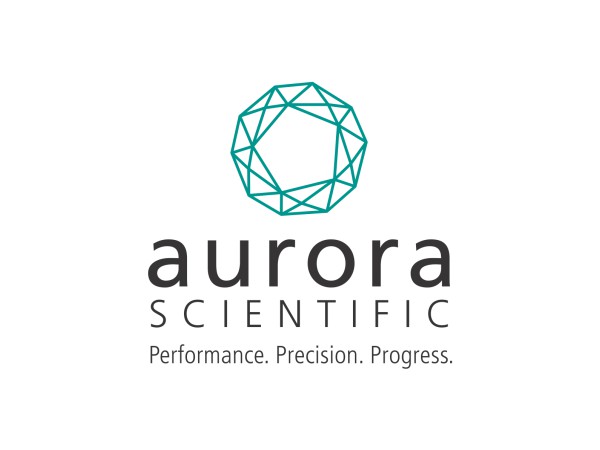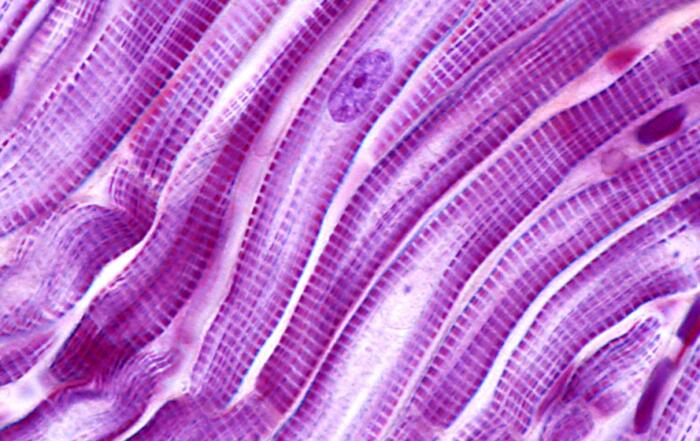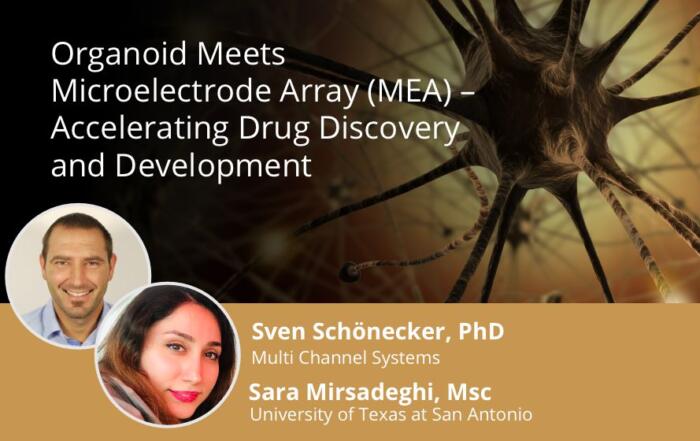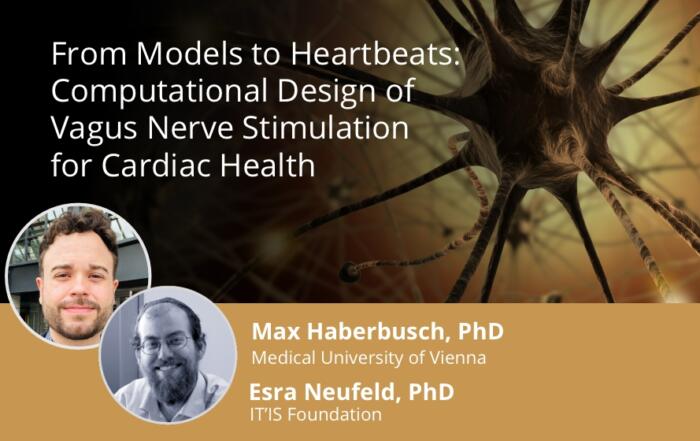Dr. David Barefield gives an in-depth discussion on his research investigating the role of the MyBP-HL protein in atrial dysfunction.
Myosin binding protein H-like (MyBP-HL) is an atrial myofilament protein that establishes a stoichiometry with cardiac myosin binding protein-C (cMyBP-C). Loss of MyBP-HL leads to atrial dilation, arrhythmia, and dilated cardiomyopathy. Several human MYBPHL nonsense variants are reported in the gnomAD database.
The Barefield Lab asked whether nonsense variants prevent MyBP-HL incorporation into the myofilament, or if truncation variants result in alternative protein localization within the cardiomyocyte. Neonatal rat cardiomyocytes were isolated and transfected with wild-type mouse Mybphl or mouse Mybphl that had human MYBPHL nonsense mutations. Immunofluorescence confocal microscopy showed wild-type mouse MyBP-HL colocalized with cMyBP-C. The W54X, R133X, W158X, W192X, K250X, and R255X variants all failed to co-localize.
As the MYBPHL stop variants prevented myofilament binding, the Barefield Lab performed biophysical experiments on single myofibrils isolated from Mybphl null mice. Mybphl null myofibrils showed significantly faster phase of linear relaxation. These data show that MYBPHL premature stop variants do not encode functional proteins and loss of MyBP-HL causes biophysical defects in atrial myofibrils.
Key Topics Include:
- Myosin binding protein H-like competes for thick filament binding with cardiac myosin binding protein-C.
- Nonsense variants in MYBPHL result in truncated proteins that do not incorporate into the atrial sarcomere.
- Mice lacking myosin binding protein H-like have an accelerated linear phase of myofibril relaxation.
Resources
To retrieve a PDF copy of the presentation, click on the link below the slide player. From this page, click on the “Download” link to retrieve the file.
Presenters
Assistant Professor
Cell and Molecular Physiology
Loyola University Chicago
